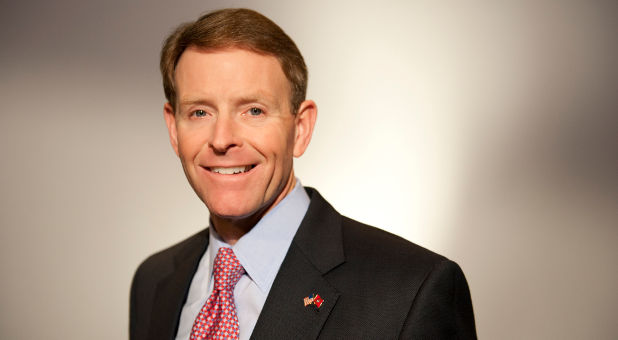For LGBT, There’s Safety in (Small) Numbers
When pollsters asked people to guess how many Americans were homosexual, most said 25 percent. Turns out, they were about 22 percent off. According to the Centers for Disease Control’s first comprehensive report on the subject, the number of people who identify as gay, lesbian, or bisexual is actually less than three percent. That’s probably a surprise to most people, who just assumed our LGBT policies, movies, school curriculums and corporate partnerships were driven by a big population.
While judges strike down marriage laws approved by millions of voters and businesses consider sweeping policies to accommodate this tiny fringe, the reality is that the only thing big about this demographic is its political influence.
Although the homosexual community may not be the largest, it’s certainly the loudest—a fact evidenced by this administration’s six-year, LGBT-centric priorities. From reinventing the U.S. military to redefining diplomacy, President Obama has put the demands of this 3 percent before the entire nation and its interests.
Even now, as even the left turns its back on the Employment Non-Discrimination Act (ENDA) to give homosexuals and transgenders special rights in the workplace, the White House stubbornly plows ahead, insisting that it will defy Congress and enact a smaller version of the law by executive order.
Angry the policy wouldn’t go far enough in handcuffing employers with religious beliefs, most homosexual activists turned their backs on the idea. While they may have changed their position, “this administration has not changed ours,” an Obama spokesman said. “We’re certainly aware of the ongoing conversations about ENDA,” he explained.
Unfortunately, it doesn’t seem to be aware of the conversation in Congress, where House members refused even to consider the bill. As we know too well, the LGBT community may make up three percent—but it continues to get nearly 100 percent of the president’s attention.
If only Christians realized what liberals already do: that when it comes to transforming the culture, it’s not the quantity of those engaged, but rather the quality of the commitment that counts.
Tony Perkins is president of Family Research Council.
















































